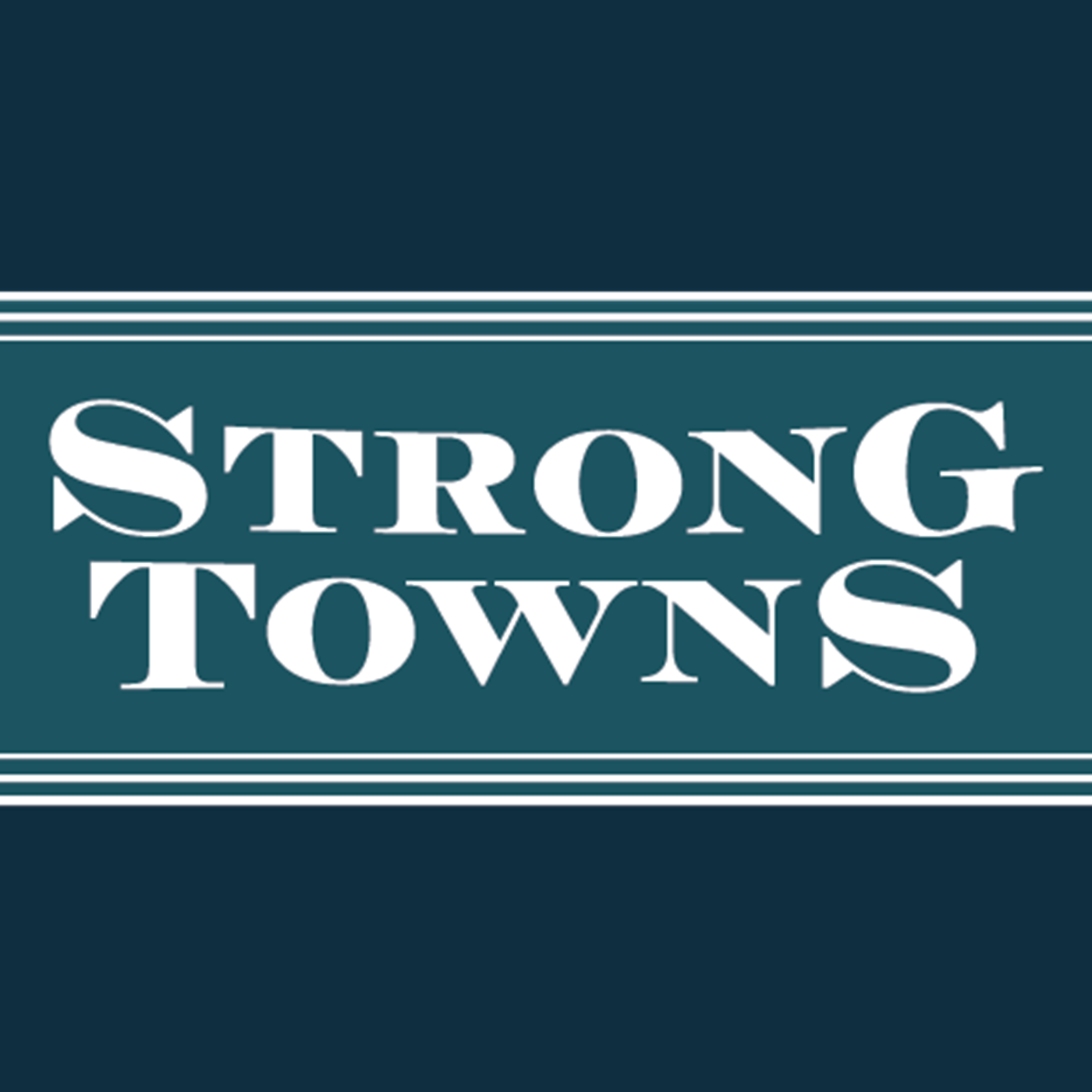- Government
- SEE MORE
- classical
- general
- talk
- News
- Family
- Bürgerfunk
- pop
- Islam
- soul
- jazz
- Comedy
- humor
- wissenschaft
- opera
- baroque
- gesellschaft
- theater
- Local
- alternative
- electro
- rock
- rap
- lifestyle
- Music
- como
- RNE
- ballads
- greek
- Buddhism
- deportes
- christian
- Technology
- piano
- djs
- Dance
- dutch
- flamenco
- social
- hope
- christian rock
- academia
- afrique
- Business
- musique
- ελληνική-μουσική
- religion
- World radio
- Zarzuela
- travel
- World
- NFL
- media
- Art
- public
- Sports
- Gospel
- st.
- baptist
- Leisure
- Kids & Family
- musical
- club
- Culture
- Health & Fitness
- True Crime
- Fiction
- children
- Society & Culture
- TV & Film
- gold
- kunst
- música
- gay
- Natural
- a
- francais
- bach
- economics
- kultur
- evangelical
- tech
- Opinion
- gaming
- College
- technik
- History
- Jesus
- Health
- movies
- radio
- services
- Church
- podcast
- Education
- international
- Transportation
- Other
- kids
- podcasts
- philadelphia
- Noticias
- love
- sport
- Salud
- film
- and
- 4chan
- Disco
- Stories
- fashion
- Arts
- interviews
- hardstyle
- entertainment
- humour
- medieval
- literature
- alma
- Cultura
- video
- TV
- Science
- en
Patrick Deneen on Rediscovering Community and Rootedness

\u201cThe freer we are, the less we feel we control the mechanisms of our liberty and individuality.\u201d\n\n\n\n\n\n\n\n\n\n\u2014 Patrick Deneen\n\n\n\nIt\u2019s no secret to our regular readers that Strong Towns founder and president Chuck Marohn is an avid reader. In fact, every December, Chuck shares a list of highly recommended books from the year that\u2019s winding down\u2014and in 2018, at the top of his list was Why Liberalism Failed by University of Notre Dame political scientist Patrick Deneen.\nIf partisan alarm bells (or a partisan cheering section) just started ringing in your head, hold up\u2014Deneen is not talking about liberalism in the sense of the modern left-right divide. He means liberalism in the sense of \u201cthe liberal Enlightenment,\u201d or as Deneen puts it in this week\u2019s episode of the Strong Towns Podcast, \u201cthe philosophical political project of modernity.\u201d\nThe centuries-long liberal project treats society as a collection of autonomous individuals, and governments as social compacts whose primary purpose is to protect individual rights. Think, for example, of the Declaration of Independence: \u201cThat to secure these rights, Governments are instituted among Men, deriving their just powers from the consent of the governed.\u201d\xa0 The promise of liberalism is to free individuals from each other: from the tribal, religious, and communal bonds that once ruled our lives.\nThe problem, according to Deneen, is that there is a paradox at the heart of that project. The freer we are from traditional social structures, the more powerful and encompassing must be the two mechanisms modern humans have invented to free us from those structures: the state and the market.\nTo the extent that there is a crisis of liberalism today\u2014and the evidence for that lies in the political turmoil facing many Western countries\u2014Deneen believes it may be because we feel more powerless than ever to meaningfully control or affect the course of either of those entities. Many of us treat national politics as largely a spectator sport, are cynical about the relevance or impact of voting or activism, and harbor a pervasive sense that market forces, far from bring shared prosperity, are leaving many of our communities behind as well.\nWhat\u2019s the answer? Deneen has no five-point plan. But he does urge us to take a hard look at the value of community\u2014of living lives that are embedded in a place, and not shying from the interpersonal obligation that this entails. Elite culture in America teaches us to \u201clook for the exits,\u201d says Deneen, but there is value and meaning to be found in forging the deep bonds of community in the place you are rooted, even when that is an uncomfortable or self-sacrificing thing to do.\nDeneen has his critics, but both his argument and its critiques fall outside of well-worn partisan ground. There is plenty here worth listening to and considering for Strong Towns advocates interested in the kind of localist revolution we talk often about: building deeply resilient, prosperous places from the ground up, through local action, without depending on either Washington or Wall Street for deliverance.\nIn This Podcast\n4:25 What is the nature of the liberal project, and how does it relate to the idea of the autonomous individual as the basis of society?\n8:45 We often think of society as polarized between left and right, liberals and conservatives, pro-state and pro-market forces. If we instead identify both the state and the market as centralizing, depersonalizing forces, what\u2019s the alternative to this centralizing force?\n11:50 What does the movie It\u2019s A Wonderful Life teach us about community, and do the assumptions about the world reflected in the film still make sense today?\n16:40 What does it entail to find meaning in life by taking on boundaries and commitments to others, instead of by aspiring \u201cto be the self-making self, to be the architect, to have the grand end?\u201d\n20:25 \u201cWhat if you\u2019re different?\u201d What if you\u2019re a member of a minority group, for example, that has